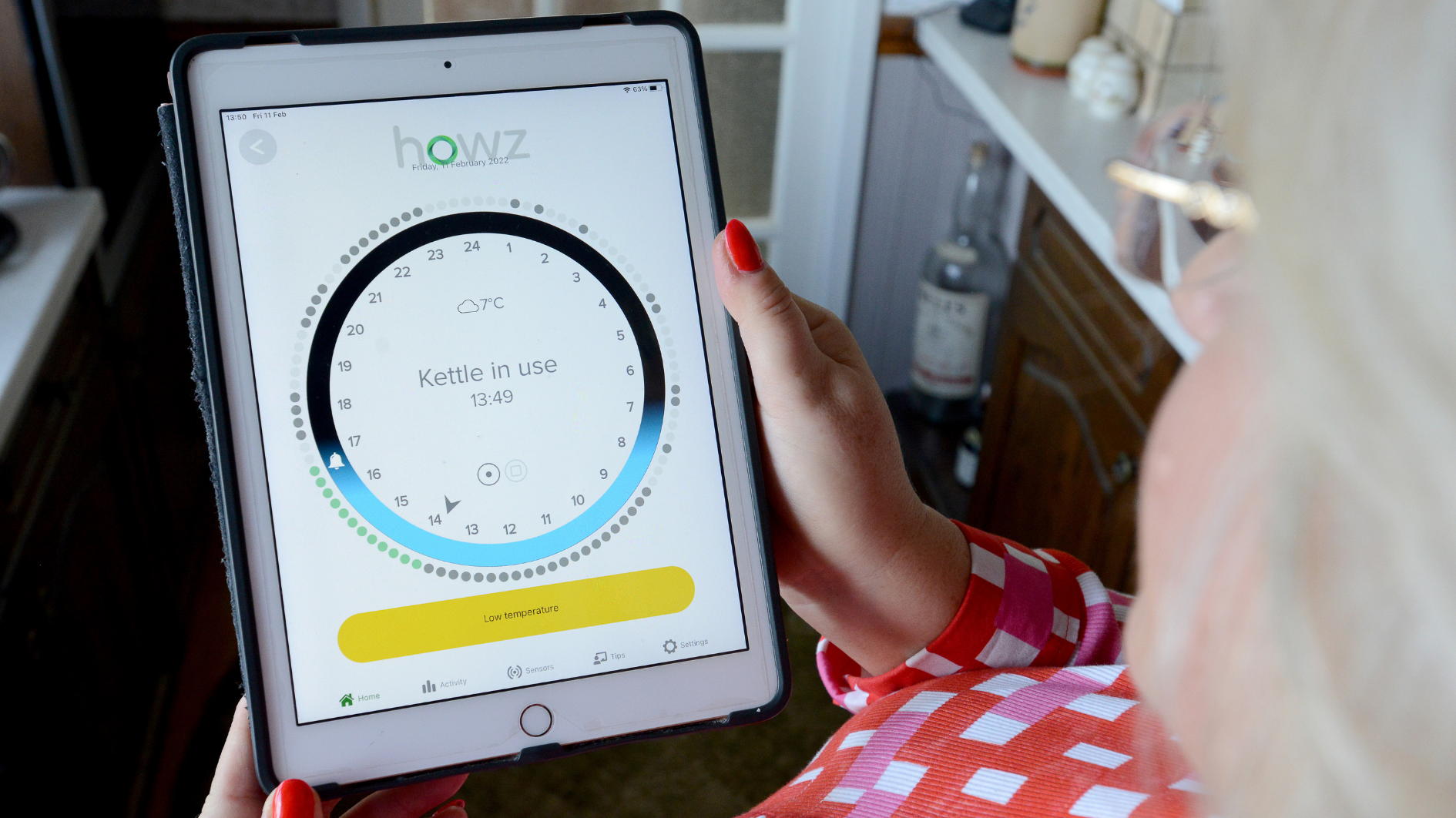
Offering people earlier support and more control so they can live independent lives
Last September the Prime Minister announced a 10-year vision for transforming support and care for adults in England.
Funding of £34bn has been allocated for these changes, with the majority due to be spent on NHS backlogs. £3.4bn of this will pay for limiting the total amount people have to pay for their social care and £1.7bn of this is being allocated nationally to improve key areas of social care. Here, we look at what the changes will mean for our residents.
The key components:
- people have choice, control and support to live independent lives
- people can access outstanding quality and tailored care and support
- people find adult social care fair and accessible.
Councillor Wendy Bowkett, Executive Councillor for Adult Care and Public Health, explains: “One of the biggest things will be the fundamental shift from delivering care at a time of crisis to providing early intervention and prevention.
“The council will be working with government, NHS, district councils, care providers and voluntary organisations to improve this type of support in Lincolnshire.”
How will this be done?
- more access to equipment and technology in the home to help people live independently
- personalised support that reflects people’s choices and circumstances, including access to work or community activities
- ensure care and support decisions are made with people and their unpaid carers
- community support to delay and prevent care needs and reduce preventable diseases
- joined-up health, social care and other services - such as housing, homelessness and community support
Paying for care
Personal care includes support with bathing, toileting, dressing, maintaining personal appearance, medication reminders and mobility – it can also help with feeding.
Government reforms will change how people in England pay for care so no-one needs to pay more than £86,000 for their personal care costs.
More generous means-tested support will be available for anyone with less than £100,000 in chargeable assets.
The lower capital limit of £14,000 will be increased so that anyone with assets of less than £20,000 will not have to make any contribution from their savings or the value of their home. They will only pay what they can afford from their income.
In Lincolnshire about 50 per cent of all social care is paid for privately with the rest funded either in part or whole by the county council. The Government intends that anyone funding their own care should be able to access the same rates that local authorities pay.
In addition, recognising the impact of the pandemic on increased costs for care providers, local authorities will pay a fair rate for the care services they commission. This is expected to see many more people with a ‘care account’ with the county council – currently there are around 10,000 people with such an account, but with the government changes imminent, in 2023 this could double.
Support will be available to help you implement these changes and ensure you understand what the new financial arrangements mean for you. Improved information and advice will help people to navigate the care system and understand the options.
From strength to strength
In Lincolnshire we’ll be building on the good work we’re already doing to help people live better into older age.
We will look to extend our programme of extra-care housing and supported accommodation in the county.
Building on our successful Falls Prevention initiative, further funding is being made available to support those at a higher risk of having a fall to improve their strength and balance.
And there will be more support for unpaid carers to help them balance their work and caring duties.
‘Howz’ system trial
A new, unintrusive monitoring system has brought peace of mind to Ken and Lois Green and allowed them to continue to live independently at home.
The couple, from Normanby by Spital, were among the first in the county to trial the ‘Howz’ system and now, they don’t even notice it’s there.
Lois explained: “The main difference in having this system in our home is that it gives peace of mind to myself and Ken, but also to my son and daughter-in-law.
“They are able to look at the app on their mobile phone and they can immediately see whether we are up and about as normal, or even if we’ve had the kettle on for a cup of tea. So, we remain safe in our own home, but we don’t have any intrusive cameras.”
The stem works through a number of monitors which build up a pattern of behavior. If, for any reason, there is no movement in the house or the normal pattern changes, then the family member will know something might be wrong.
To find out more contact: AdultCareDigital@lincolnshire.gov.uk
